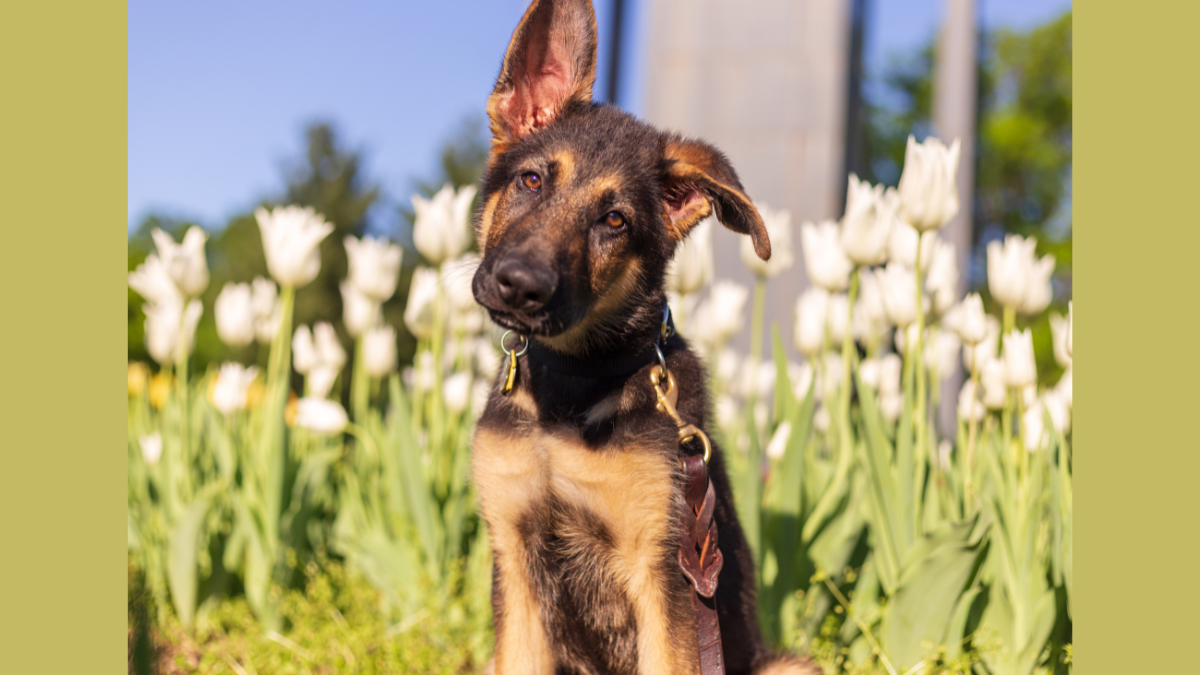Expert comment: 'Aggressive' dogs - are they really angry? Is social media having an impact?
Dr Sharmini Julita Paramasivam, Associate Professor in Veterinary Behaviour and Animal Welfare at the University of Surrey, shares her thoughts on aggression, and whether there is a rise of this type of behaviour in dogs or is social media reporting them more.

Dogs remain the UK’s most popular pet, with an estimated 13.5 million living in homes across the country. Yet, reports of aggressive behaviour in dogs appear to be rising.
Aggression in dogs is often misunderstood. Dogs are often labelled as aggressive or non-aggressive based solely on behaviours like snapping, growling or barking. These labels, however, ignore the emotional drivers behind such actions. A worried dog may snap simply to avoid being touched - an act of self-protection, not hostility. Growling can signal uncertainty or discomfort, rather than anger. While it's easy to label an aggressive dog as "angry”, the reality is more complex. A dog’s emotional state is shaped by many factors, including environment, upbringing, genetics and interactions with people and other animals.
Social media plays a role in shaping public attitudes and poorly informed viral videos can often reinforce stereotypes and breed-based fears. Trends involving animals are sometimes followed without considering individual animal emotions, often subjecting dogs to feeling emotionally uncertain.
However, social media is also having a positive impact. Veterinarians, often the first point of contact when dogs display aggressive-like behaviours, focus on identifying the underlying emotions. And as more professionals use social media to share insights and promote good practices, there’s growing potential to improve how we understand and support dogs.
Featured Academics
Media Contacts
External Communications and PR team
Phone: +44 (0)1483 684380 / 688914 / 684378
Email: mediarelations@surrey.ac.uk
Out of hours: +44 (0)7773 479911
